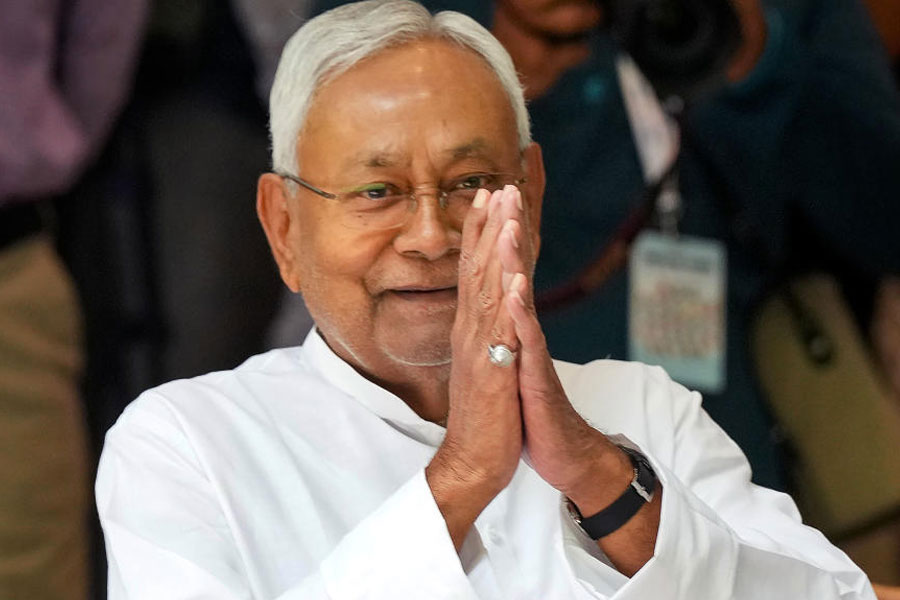Nitish Kumar’s decision to collate and then publish the findings of a survey on castes in Bihar is being described as the second chapter in India’s tryst with Mandal politics. The description may not be accurate. There have been three distinct phases in the emergence of politics wedded to the demand of caste emancipation. The first phase saw the rise of political formations, such as the Samajwadi Party, the Bahujan Samaj Party, the Rashtriya Janata Dal, to name a few, that drew their strength from identity-oriented blocs. The second phase saw the Bharatiya Janata Party making spectacular inroads into this equation and altering traditional caste alliances by succeeding in bringing many castes, especially the non-dominant groups among the other backward classes, under Hindutva’s fold. What Mr Kumar has, arguably, ignited with his caste survey is Mandal 3.0: a concerted attempt to reclaim this turf from the BJP. Politics — welfare could be an attendant consequence — lies at the heart of this endeavour. If the Opposition alliance is to challenge the BJP in 2024, eroding its control over caste groups, especially in the heartland states, and reclaiming the narrative of emancipation could hold the key. The fact that extreme backward classes dominate the OBCs in Bihar, which, in turn, form the dominant section of the population raises troubling questions about the BJP’s claims of inclusive welfare. Mr Kumar and his allies, including the Congress that has been making sympathetic noises about OBCs, would like to corner the BJP on this issue. Additionally, the move could cement Mr Kumar’s understated claim to be the face of the Opposition alliance.
The BJP is wary of the threat. Its carefully calibrated electoral caste pyramid could tumble in the light of data unfavourable to its chirping of being a saviour for the marginalised constituencies. The prime minister, Narendra Modi, has already accused the Opposition of trying to divide castes: what could follow is a further scramble to dangle caste-specific sops, deepening the tenuous fault lines. The possible consequences may not be limited to politics. Existing statutes, such as the 50% ceiling for reservation for jobs and education that was endorsed by the Supreme Court, could receive renewed scrutiny. What must not be forgotten is that political parties, including the BJP, have prioritised the means — shrill politicking — over the ends — the empowerment of weaker groups. The principal challenge for Mr Kumar would be to convince the targeted electorates that Mandal 3.0 would not flatter to deceive.










